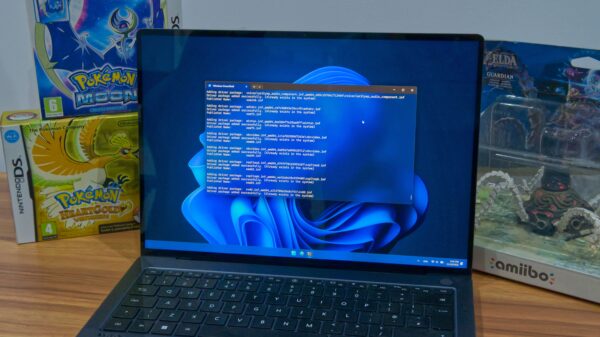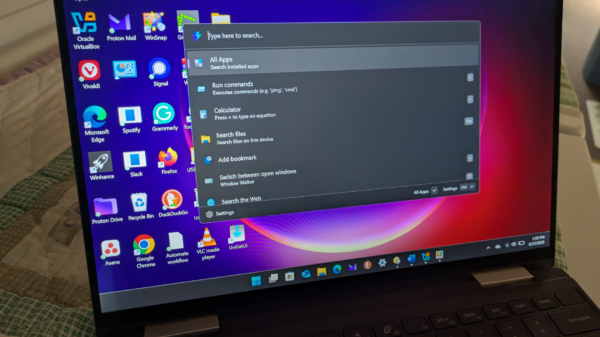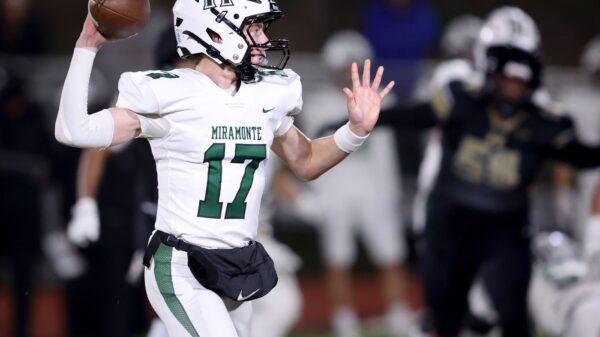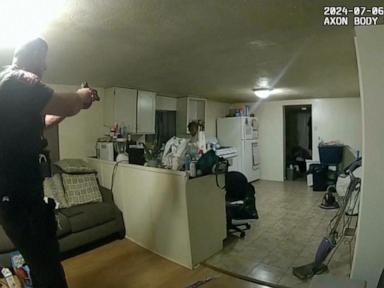UPDATE: The murder trial of Illinois sheriff’s deputy Sean Grayson begins Monday, September 25, 2024, following the shooting of Sonya Massey, a 36-year-old Black woman, in her home. This tragic incident has raised urgent questions about police conduct in the U.S., particularly concerning the use of lethal force against marginalized communities.
Massey was shot on July 6, 2024, after calling police for help regarding a suspected prowler. Grayson, 31, confronted her about a pan of hot water on her stove, leading to a series of chaotic exchanges that ended in gunfire. The trial, relocated to Peoria, Illinois, due to widespread attention, is set to unfold in a local courthouse, with jurors expected to hear the harrowing details of that fateful day.
The charges against Grayson include first-degree murder, aggravated battery with a firearm, and official misconduct. He has pleaded not guilty, but if convicted of murder, he faces a sentence of 45 years to life in prison. The trial is anticipated to continue into next week, as jurors are called to deliberate the events surrounding Massey’s death.
Witness accounts and body camera footage reveal a disturbing sequence of events: Grayson knocked on Massey’s door, and after a brief interaction where she expressed fear, he ordered her to drop the pot she was holding. After she complied but then seemed to pick it up again, Grayson fired three shots, hitting her once just below the left eye. The incident has sparked outrage and ignited discussions about police accountability and mental health issues within law enforcement protocols.
Massey, a single mother of two, had been facing mental health challenges. Just days before the shooting, she had voluntarily entered a mental health program but returned home after two days. Her family had made multiple calls to 911, indicating her fragile state, with her mother informing authorities of a “mental breakdown” and pleading with them not to harm her. Tragically, Grayson was unaware of these calls or Massey’s mental health struggles at the time of the shooting.
Following the incident, Grayson was arrested 11 days later and subsequently fired from the sheriff’s department. His background drew scrutiny, revealing troubling issues from his past, including a DUI arrest while in possession of a firearm and a series of short-lived policing jobs. Critics have questioned how he was hired, given these past incidents and evaluations from previous employers that highlighted concerns about his behavior and competencies.
In response to the heightened scrutiny of police hiring practices, Illinois Governor JB Pritzker recently signed legislation mandating greater transparency in the hiring process for law enforcement officers. The new law requires candidates to permit the release of their complete personal and employment backgrounds to prospective hiring agencies. While this measure aims to improve accountability, its sponsors acknowledge it cannot entirely eliminate the risk of hiring individuals with problematic histories.
As the trial approaches, the community and advocacy groups are closely watching developments, hoping for justice for Sonya Massey and meaningful reforms in policing practices. The implications of this case extend far beyond Springfield, igniting a national conversation about the intersection of race, mental health, and law enforcement.
Stay tuned for further updates as this critical trial unfolds.






































































